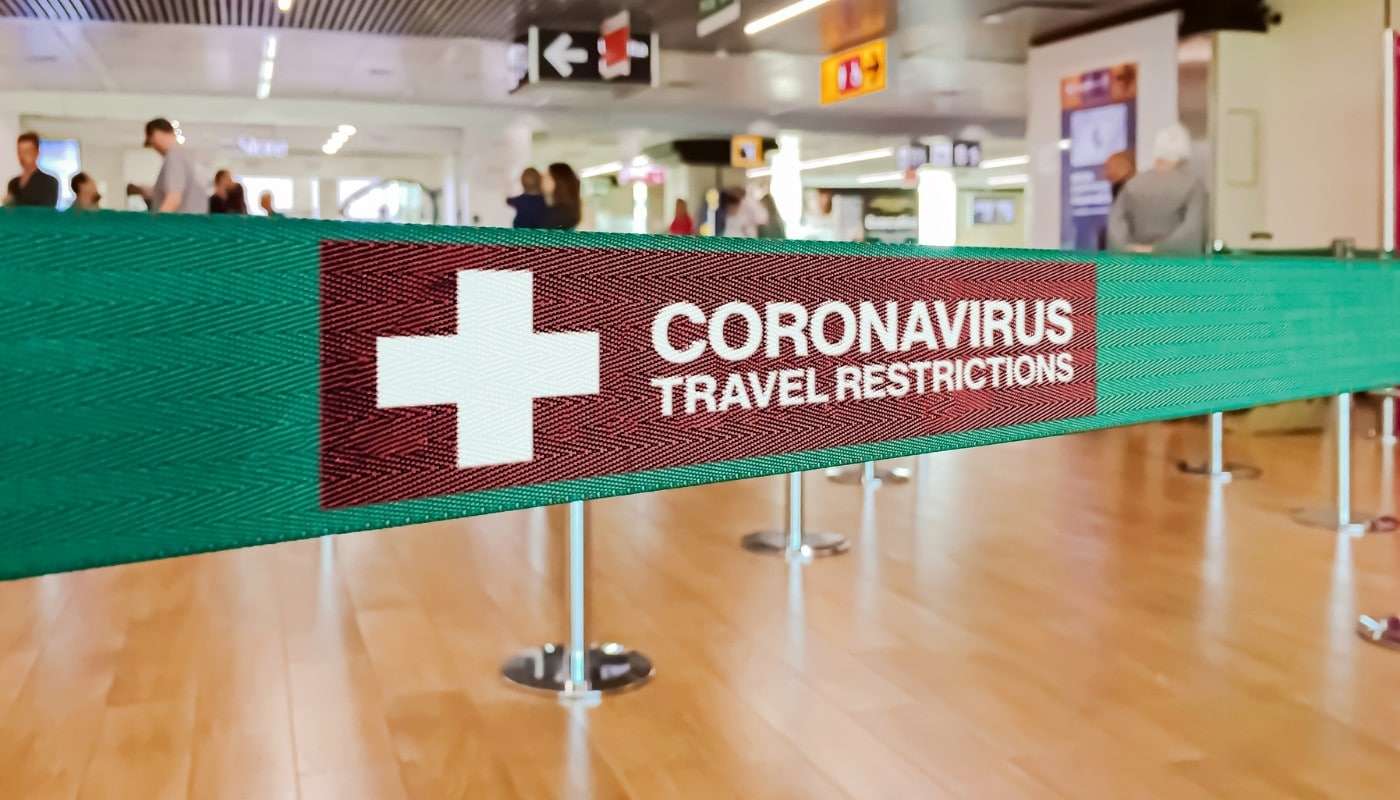Effective November 29, 2021, travel from some African countries to the U.S. is banned for most travelers. The emergence of a new COVID variant, called Omicron, is actively spreading in the south African countries noted in the ban. Omicron is believed to be highly contagious. The countries included are South Africa, Botswana, Zimbabwe, Namibia, Lesotho, Eswatini, Mozambique, and Malawi. Most non-U.S. citizens who have been in those countries within the prior 14 days will not be allowed into the United States.
The travel restrictions do not ban flights or apply to U.S. citizens, lawful U.S. permanent residents, and non-citizens who are the spouses of citizens or permanent residents.
The travel restrictions have been put in place to allow for individuals to receive the COVID vaccine if they have not yet been immunized. U.S. President Biden held a press conference on November 29 outlining the U.S. response to the new covid variant. In the conference, the President stressed that decisions are being made based on the work of the scientific community. He also stated that, at this point, no one is talking about a shutdown.
The President has received pushback on his administration’s efforts to get Americans vaccinated. In addition, some feel not enough vaccines have been provided to poorer countries.
As of November 29, no cases of Omicron have been found in the U.S., per the Centers for Disease Control and Prevention (CDC). If found, the CDC states they will quickly report on its presence. Omicron has been found in Austria, Belgium, the Czech Republic, Denmark, Germany, Italy, Spain, the Netherlands, and Portugal, as of November 29, 2021 at noon.
Countries around the world have already suspended travel from southern Africa after the World Health Organization said Omicron was “of concern.”
Scientists are already studying the variant to find out if it is more or less contagious, the severity of the resulting illness, and the existing vaccines ability to defend against it. More information is expected in the coming weeks.
If you have questions about how travel bans or restrictions can affect your immigration issue, contact us. We continue to monitor ongoing developments and put our expertise to work for you to ensure you get the right advice.

